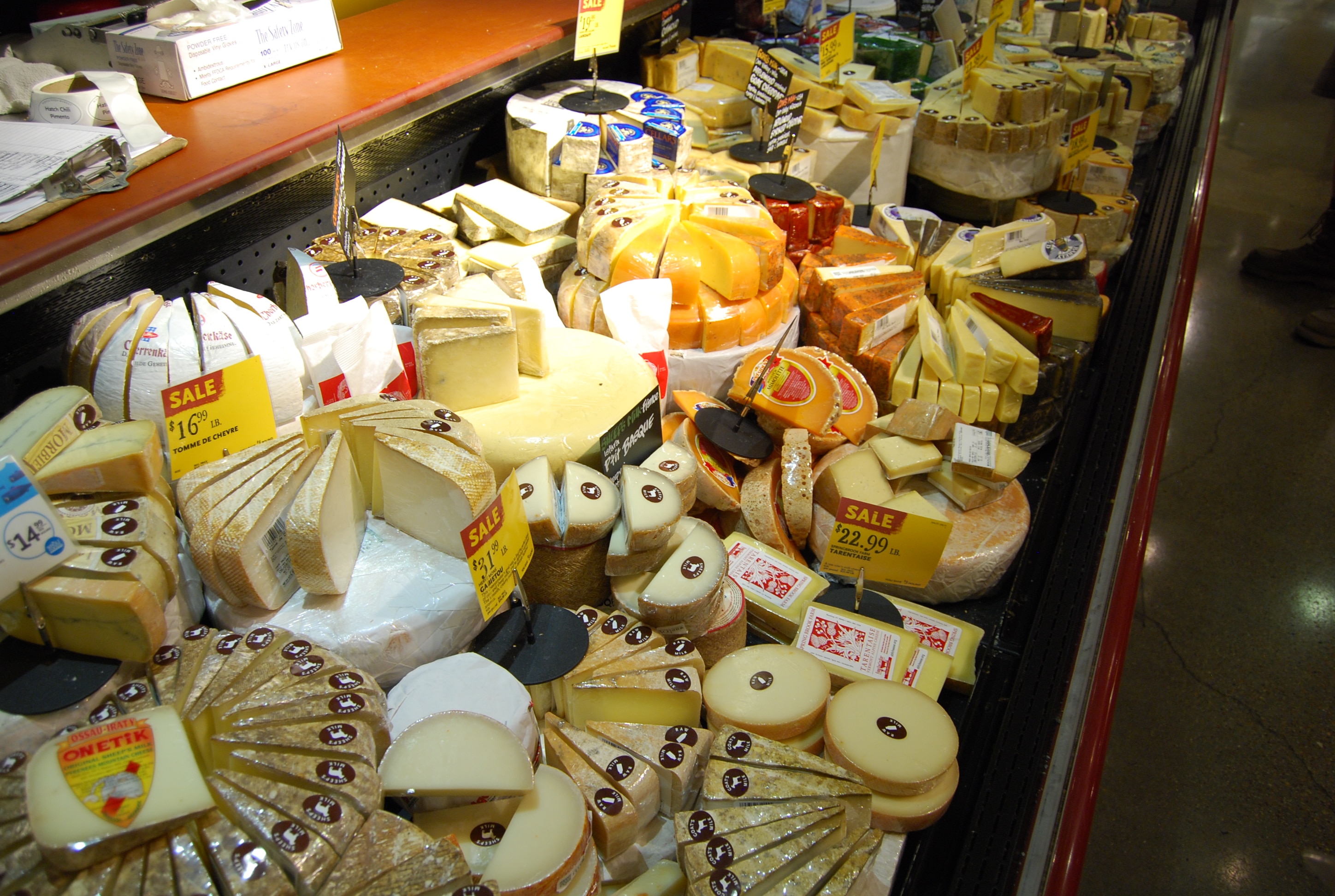This guest article was written by William Laraque who is the Managing Director of .
One of the classic comments about the difficulties of managing countries and cultures was made by Charles deGaulle, general and statesman of France from 1959-1969: “How do you manage a country that has 500 cheeses?” he asked.
Say Cheese
I find it humorous that cheese is becoming the latest rage among hip Londoners and New Yorkers. Cheese bars, offering flights of cheese made in Vermont, Wisconsin, California, England and France and paired with craft beer and interesting wines, are off-the-chart popular among the young and hip in those cities.
Product and Cultural Diversity in the Age of the Internet
The internet makes diversity feasible in a business and consumer sense.
Man has always sought the exotic in spices, in drink, in music, in art, in food, visual, sensual appreciation and acquisition. This, since the time of the Phoenicians and Marco Polo has driven global trade. Trade has also empowered the accumulation of wealth.
The concentration of wealth today is arguably principally a result of trade finance not keeping up with trade logistics. In an age when almost anything can be purchased directly by anyone, from anywhere, and sold to anywhere, financial systems have not kept up with the needs of the masses. The deprivation of the financially ‘underserved’ is a direct result of the growth of the internet minus an accommodating financial system.
The Fourth Economic Revolution
The fourth ‘industrial’ revolution is not industrial at all. It is not solely an advance of the technological. It is a democratization and diffusion of financial accessibility so that everyone can enjoy the goods of this earth; including 500 cheeses.





Be First to Comment